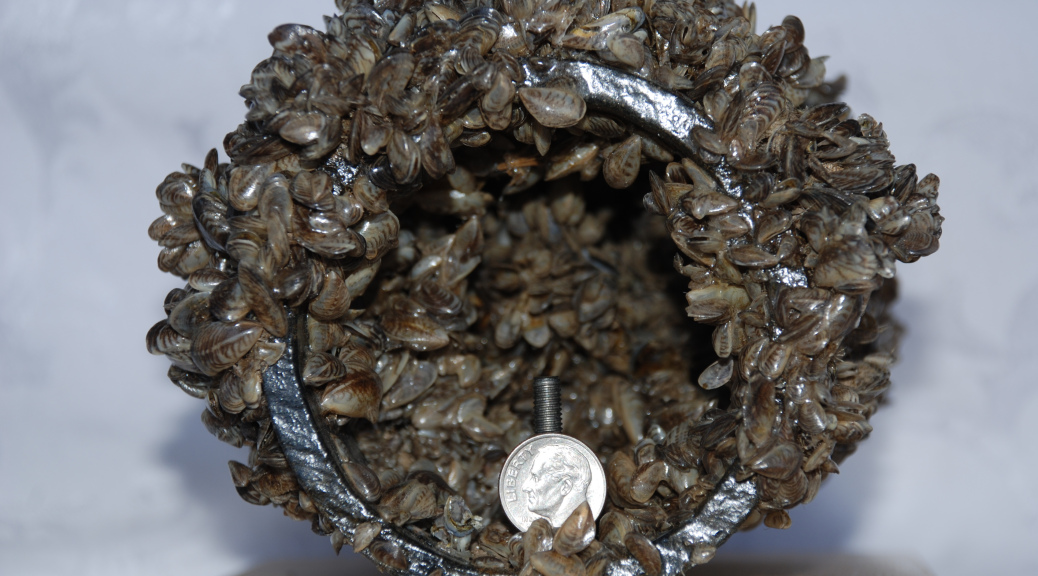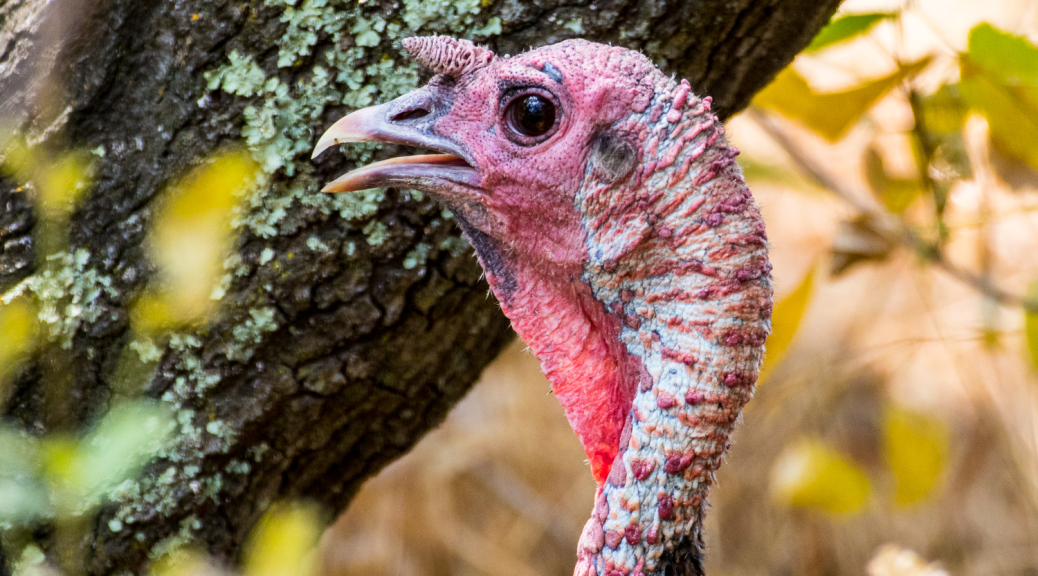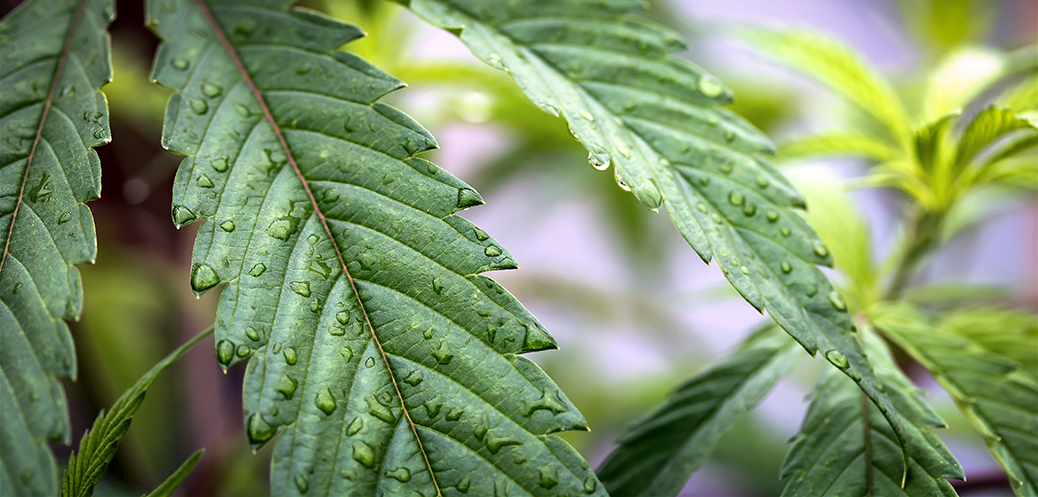Boaters Can Help Fight Spread of Invasive Mussels Over Labor Day Weekend

by CDFW
8-31-2018
Website
California agencies combatting the spread of invasive quagga and zebra mussels remind boaters to remain cautious over Labor Day weekend.
Quagga and zebra mussels are invasive freshwater mussels native to Europe and Asia. They multiply quickly, encrust watercraft and infrastructure, alter water quality and the aquatic food web and ultimately impact native and sport fish communities. These mussels spread from one waterbody to another by attaching to watercraft, equipment and nearly anything that has been in an infested waterbody.
Invisible to the naked eye, microscopic juveniles are spread from infested waterbodies by water that is entrapped in boat engines, bilges, live-wells and buckets. Quagga mussels have infested 33 waterways in Southern California and zebra mussels have infested two waterways in San Benito County.
To prevent the spread of these mussels and other aquatic invasive species, people launching vessels at any waterbody are subject to watercraft inspections and are strongly encouraged to clean, drain and dry their motorized and non-motorized boats, including personal watercraft, and any equipment that contacts the water before and after use.
“As the summer boating season comes to an end, boaters are reminded to clean, drain, and dry their watercraft and equipment after every use to limit the spread of invasive species and help conserve California’s irreplaceable plant, fish and wildlife resources,” California Department of Fish and Wildlife (CDFW) Habitat Conservation Planning Branch Chief Rick Macedo said.
Take the following steps both before traveling to and before leaving a waterbody to prevent spreading invasive mussels, improve the efficiency of your inspection experience and safeguard California waterways:
* CLEAN — inspect exposed surfaces and remove all plants and organisms,
* DRAIN — all water, including water contained in lower outboard units, live-wells and bait buckets, and
* DRY — allow the watercraft to thoroughly dry between launches. Watercraft should be kept dry for at least five days in warm weather and up to 30 days in cool weather.
CDFW has developed a brief video demonstrating the ease of implementing the clean, drain and dry prevention method. In addition, a detailed guide to cleaning vessels of invasive mussels is available on the CDFW’s webpage. Additional information is available on the Division of Boating and Waterways (DBW) website.
Travelers are also advised to be prepared for inspections at California Department of Food and Agriculture (CDFA) Border Protection Stations. Over the past 10 years, more than 1.45 million watercraft entering California have been inspected at the Border Protection Stations. Inspections, which can also be conducted by CDFW and California State Parks, include a check of boats and personal watercraft, as well as trailers and all onboard items. Contaminated vessels and equipment are subject to decontamination, rejection, quarantine or impoundment.
Quagga and zebra mussels can attach to and damage virtually any submerged surface. They can:
* Ruin a boat engine by blocking the cooling system and causing it to overheat
* Jam a boat’s steering equipment, putting occupants and others at risk
* Require frequent scraping and repainting of boat hulls
* Colonize all underwater substrates such as boat ramps, docks, lines and other underwater surfaces, causing them to require constant cleaning
* Impose large expenses to owners
A multi-agency effort that includes CDFW, DBW, CDFA and the California Department of Water Resources has been leading an outreach campaign to alert the public to the quagga and zebra mussel threats. A toll-free hotline, (866) 440-9530, is available for those seeking information on quagga or zebra mussels.
More Reports

8-27-2018
Various Days — Guided Wetland Tours, By Reservation, at Gray Lodge Wildlife Area, 3207 Rutherford Road, Gridley (95948). A wildlife...... Read More

8-25-2018
The California Department of Fish and Wildlife (CDFW) and State Water Resources Control Board (SWRCB) will be hosting cannabis permitting...... Read More
